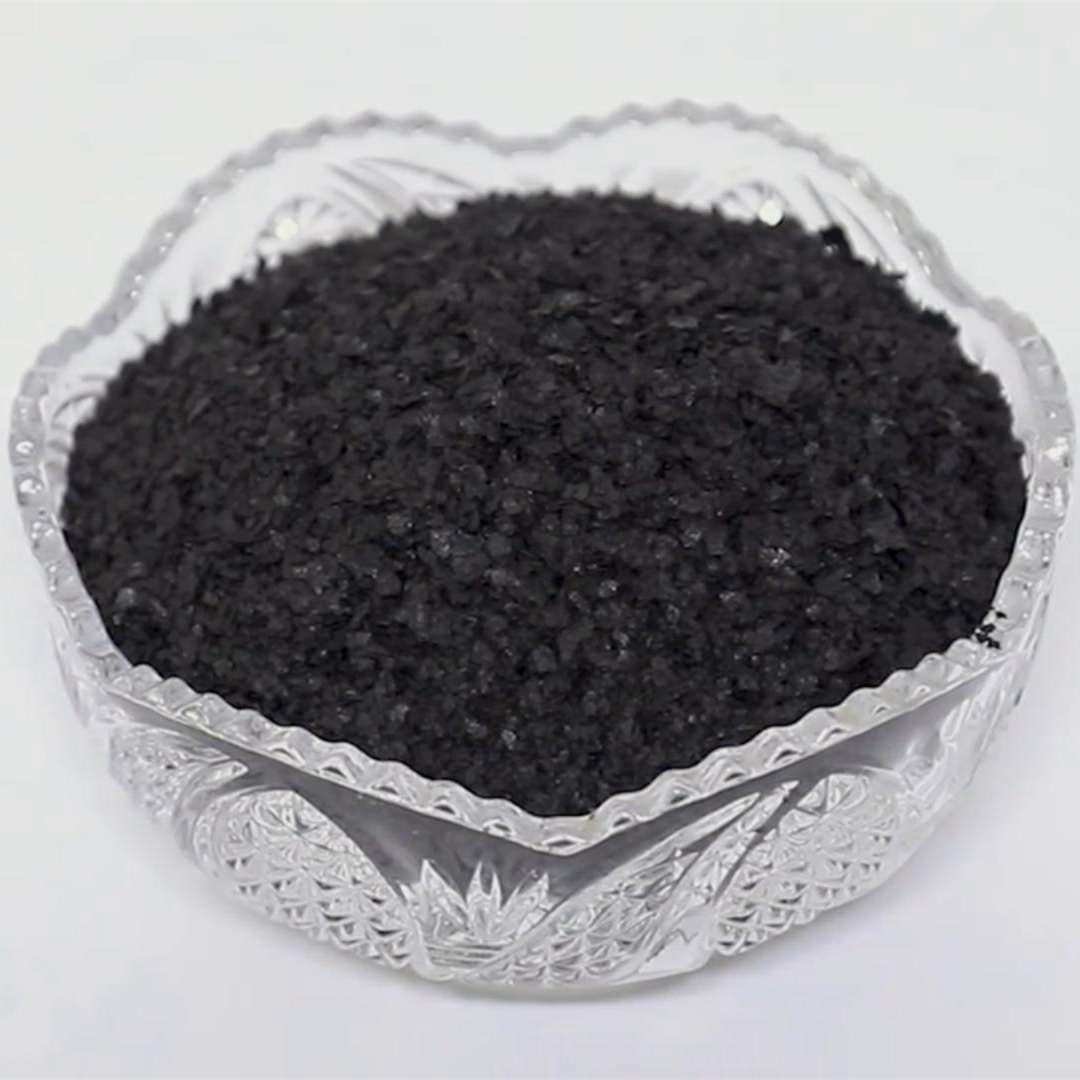
12월 . 20, 2024 02:50 Back to list
npk fertilizer plants
The Role of NPK Fertilizer in Plant Growth
When it comes to nurturing plants and ensuring robust growth, one of the most critical components in agricultural practices is fertilization. Among the myriad of fertilizers available on the market, NPK fertilizers stand out due to their balanced composition and effectiveness. NPK refers to the three essential nutrients nitrogen (N), phosphorus (P), and potassium (K), which are fundamental for plant growth and development.
Understanding NPK
NPK fertilizers are labeled based on their nutrient content, represented in three numbers that correspond to the percentage by weight of nitrogen, phosphorus, and potassium respectively. For instance, a fertilizer labeled as 10-20-10 contains 10% nitrogen, 20% phosphorus, and 10% potassium. Each of these nutrients plays a distinct role in plant health
1. Nitrogen (N) This nutrient is crucial for the growth of foliage. It is a key component of chlorophyll, the molecule responsible for photosynthesis, which allows plants to convert sunlight into energy. Additionally, nitrogen is vital for the production of amino acids, the building blocks of proteins, which are essential for overall plant metabolism and growth.
2. Phosphorus (P) Phosphorus is critical for the development of roots, flowers, seeds, and fruit. It aids in energy transfer within the plant and is an integral component of ATP (adenosine triphosphate), the energy currency of cells. Furthermore, phosphorus promotes early root development, which helps plants access water and nutrients more effectively.
3. Potassium (K) This nutrient enhances plant resilience by improving drought resistance, disease tolerance, and overall vigor. Potassium regulates various physiological functions, including water uptake and enzyme activation. It also plays a significant role in the formation of starches and sugars, making it essential for fruit and seed production.
Benefits of NPK Fertilizers
The balanced composition of NPK fertilizers allows for comprehensive support in plant growth. When applied appropriately, NPK fertilizers can lead to improved crop yields and quality. Some key benefits include
- Enhanced Growth Rates By providing essential nutrients in optimal ratios, NPK fertilizers promote faster and healthier growth of plants. This is particularly important for farmers looking to maximize their yield within a limited growing season.
- Improved Soil Health The application of NPK fertilizers can improve soil fertility. When combined with organic matter, they contribute to a healthy soil ecosystem, enhancing microbial activity and nutrient availability.
npk fertilizer plants

- Flexibility for Different Crops Different plants have varying nutrient requirements, and NPK fertilizers can be tailored to meet the needs of specific crops. For instance, leafy vegetables may require a higher nitrogen content, while flowering plants may benefit from increased phosphorus.
- Support for Sustainable Agriculture By optimizing nutrient availability, NPK fertilizers can help reduce reliance on land expansion for crop production, contributing to sustainable agricultural practices
.Application Considerations
While NPK fertilizers offer numerous advantages, it is essential to use them judiciously. Over-fertilization can lead to nutrient runoff, which contaminates water sources and creates environmental issues such as algal blooms. Furthermore, it can cause nutrient imbalances in the soil, negatively affecting plant health.
To maximize the benefits of NPK fertilizers, consider the following guidelines
1. Soil Testing Conduct soil tests to determine existing nutrient levels and soil pH. This will aid in selecting the appropriate type and amount of NPK fertilizer needed for your specific situation.
2. Follow Recommendations Use fertilizers according to expert recommendations or agronomic guidelines to prevent over-fertilization and promote balanced growth.
3. Monitor Plant Health Regularly observe your plants for signs of nutrient deficiency or excess, and adjust your fertilization practices as necessary.
Conclusion
NPK fertilizers play an indispensable role in modern agriculture, providing essential nutrients that support healthy plant growth. By understanding the functions of nitrogen, phosphorus, and potassium, farmers and gardeners can harness the power of NPK fertilizers to enhance their crop yield, improve soil health, and contribute to sustainable cultivation practices. However, with great power comes great responsibility; it is crucial to apply these fertilizers wisely to protect our environment while reaping the benefits of bountiful harvests.
-
High-Quality NPK Fertilizer Raw Material Manufacturer & Supplier Trusted Factory Exporter
NewsJul.08,2025
-
Organic 20-20-20 Plant Fertilizer Supplier Premium Organic Fertilizer Manufacturer
NewsJul.08,2025
-
Ammonium Sulfate Fertilizer Market - Leading Manufacturer, Supplier & Factory Solutions
NewsJul.08,2025
-
Premium Water Soluble Fertilizer 20-20-20 Reliable Manufacturer & Competitive Prices
NewsJul.07,2025
-
10-52-10 Fertilizer Supplier – Premium NPK Compound & Granular Fertilizers for Crop Growth
NewsJul.07,2025
-
Best Blueberry Organic Fertilizer - Premium Factory & Supplier Boost Your Blueberry Yield
NewsJul.07,2025
